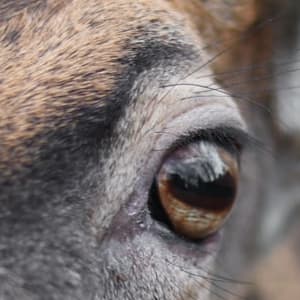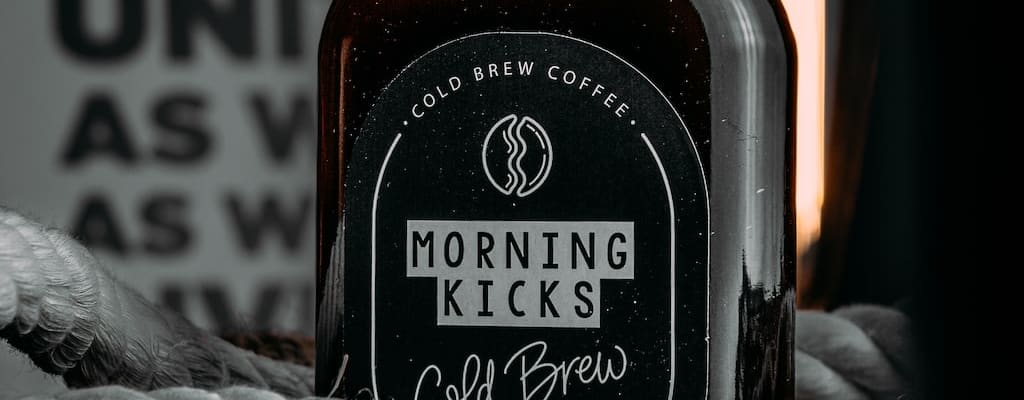blue devils: Idiom Meaning and Origin
What does ‘blue devils’ mean?
The idiom "blue devils" refers to a state of sadness or depression. It is often used to describe someone who is feeling down or experiencing melancholic thoughts.

Idiom Explorer
The idiom "the devil" refers to a person or entity that is considered to be evil, dangerous, or destructive. It is often used to emphasize the negative qualities or actions of someone or something, highlighting their malicious or harmful nature.
The idiom "in a state" means to be in a state of distress, anxiety or confusion.
An idiom used to describe someone who is in an emotional or mental state of extreme agitation, distress, or confusion.
The idiom "ill health" refers to a person's state of being unhealthy or experiencing poor physical condition.
The idiom "HE-double-L" is used as a euphemism for the word "hell." It is often used to convey a state of extreme difficulty, chaos, or unpleasantness.
The idiom "heavy-hearted" is used to describe a feeling of deep sadness or sorrow. It implies a weight or burden on one's heart, often caused by grief, disappointment, or a difficult situation.
The idiom "have the blues" means to be feeling sad or depressed, often without a specific reason. It is often associated with a feeling of melancholy or a low mood.
The idiom "hang low" means to appear sad or dejected, often with drooping body posture or a downcast expression.
The idiom "go downhill" means that something is deteriorating or becoming worse over time. It can refer to a decline in quality, performance, or overall condition.
Mysterious Origins
The idiom "blue devils" is a phrase commonly used in the English language. It refers to a state of sadness, melancholy, or depression. The origins of this idiom can be traced back to the early 19th century in the United States.
The term "blue devils" originally referred to a person's perception of imaginary creatures or hallucinations caused by excessive alcohol consumption or delirium tremens. This association with alcohol and mental distress likely accounts for the idiom's eventual shift in meaning to denote a state of sadness or depression.
One possible theory behind the origin of the term relates to the effects of alcohol on a person's mood. In the late 18th and early 19th centuries, the term "blue" was sometimes used to describe someone who appeared pale or sickly, as heavy drinkers often had a bluish complexion. Furthermore, "devil" has long been associated with mischief, trouble, or distress. This combination of "blue" and "devil" could have led to the creation of the phrase "blue devils" to describe the psychological and emotional distress associated with excessive drinking.
Another potential theory suggests a connection between the idiom and blues music, specifically the emotional depth and melancholic themes often found in the genre. The blues, which originated in African American communities in the late 19th century, frequently explores themes of sorrow, heartbreak, and despair. It is possible that the idiom "blue devils" may have been influenced by or adopted from the emotional connotations of blues music.
Throughout history, the idiom "blue devils" has remained in common usage and has become ingrained in the English language. It is often used to describe a temporary state of sadness or melancholy, particularly when one is feeling down or experiencing emotional hardship. The idiom's metaphorical nature allows for a wide range of interpretations and application in various contexts, making it both flexible and relatable to a broad audience.
The idioms "have the blues", "down in the dumps", "cry the blues", and "in a right state" are related to the idiom "blue devils". These idioms all refer to a state of sadness or depression. "Having the blues" means feeling sad or down. "Being down in the dumps" suggests feeling extremely unhappy or depressed. "Crying the blues" implies expressing one's sadness or troubles. And finally, "being in a right state" refers to being in a distressed or agitated state. All of these idioms share a similar emotional connotation to "blue devils" and can be used interchangeably to convey a sense of sadness or melancholy.
While the precise origins and evolution of the idiom "blue devils" may never be definitively determined, its continued usage and cultural significance contribute to its enduring appeal. As with many idioms, "blue devils" embodies the rich complexity and versatile nature of the English language, serving as a vehicle for expressing and understanding the human experience.
Example usage
Here are three examples of how the idiom "blue devils" can be used in a sentence:
- She couldn't shake off the blue devils that haunted her after losing the competition.
- The actor's brilliant performance in the play lifted the audience's spirits, casting away their blue devils.
- After a long and tiring day, I like to listen to music to chase away the blue devils.
More "Emotion" idioms



